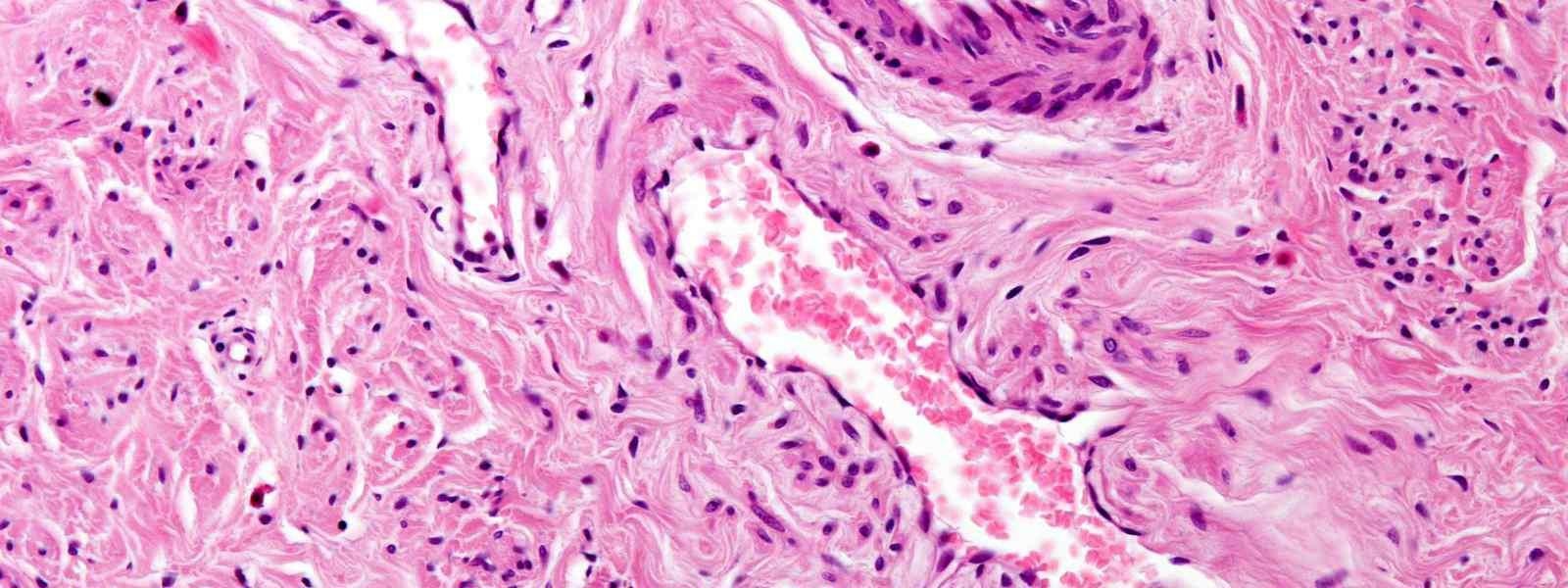An invisible lining of blood vessels uses a vast network of connections to control all cardiovascular functions and the risk of developing cardiovascular disease.

Image Credit: University of Strathclyde
Cardiovascular disease is a group of conditions that can arise from a lack of physical activity, poor diet, or certain disorders. Scientists have known that the development of these conditions begins with changes in vascular endothelial cells - the cells that line the body’s blood vessels. But why and how changes in endothelial cell function occur is not entirely clear.
New research led at the University of Strathclyde’s Vascular Imaging Centre has shown that these cells use a sophisticated system to communicate with each other. Failures in this communication system may be the first step in the development of cardiovascular disease.
The endothelium is the thin inner layer of cells in blood vessels and it regulates blood flow, blood pressure, blood clotting, inflammation and response to disease. It continually processes the vast amounts of information held in the composition of blood and chemicals in the area around each blood vessel to keep the cardiovascular system working properly.
The Strathclyde study has discovered that there are clusters of cells in the endothelium that are specialised to particular functions and they operate in cliques. Between cliques, numerous interlinked connections act to convey information and there is a high density of connections to protect the system against communication failures. The system bypasses neighbouring cells by using short cuts to transmit information quickly over distance.
The findings reveal that the endothelial communication network design is similar to the communication operations of the internet and it is effective for local blood vessel control and global efficiency in determining overall cardiovascular activity. The design is robust, so that communication systems to control cardiovascular activity will not fail even when there is extensive damage.
The findings also indicate that changes in the organisation of communication, rather than behaviour and function of individual cells, may underlie disease.
The researchers addressed the nature of the communication network by using single-cell calcium ion imaging across thousands of endothelial cells in intact blood vessels and applying mathematical network (graph) theory. The study, conducted with the Karolinska Institutet in Stockholm, has been published in the journal Proceedings of the National Academy of Sciences (PNAS).
Cells in the endothelium are a major target for the control of cardiovascular disease and are often treated as being a uniform population of cells. Our findings show the cells are not uniform but specialised to particular types of function. There is a well-organised, rapid and robust communication system that shares information so that co-ordinated responses occur. The communication system offers new targets for therapy development and insights into why developing treatments has proven so difficult.”
Professor John McCarron, Strathclyde Institute of Pharmacy and Biomedical Sciences.
The research was funded by the British Heart Foundation and the Wellcome Trust.
Source:
Journal reference:
Lee, M.D., et al. (2022) Small-world connectivity dictates collective endothelial cell signaling. PNAS. doi.org/10.1073/pnas.2118927119.